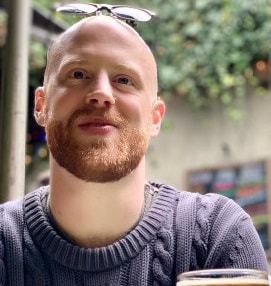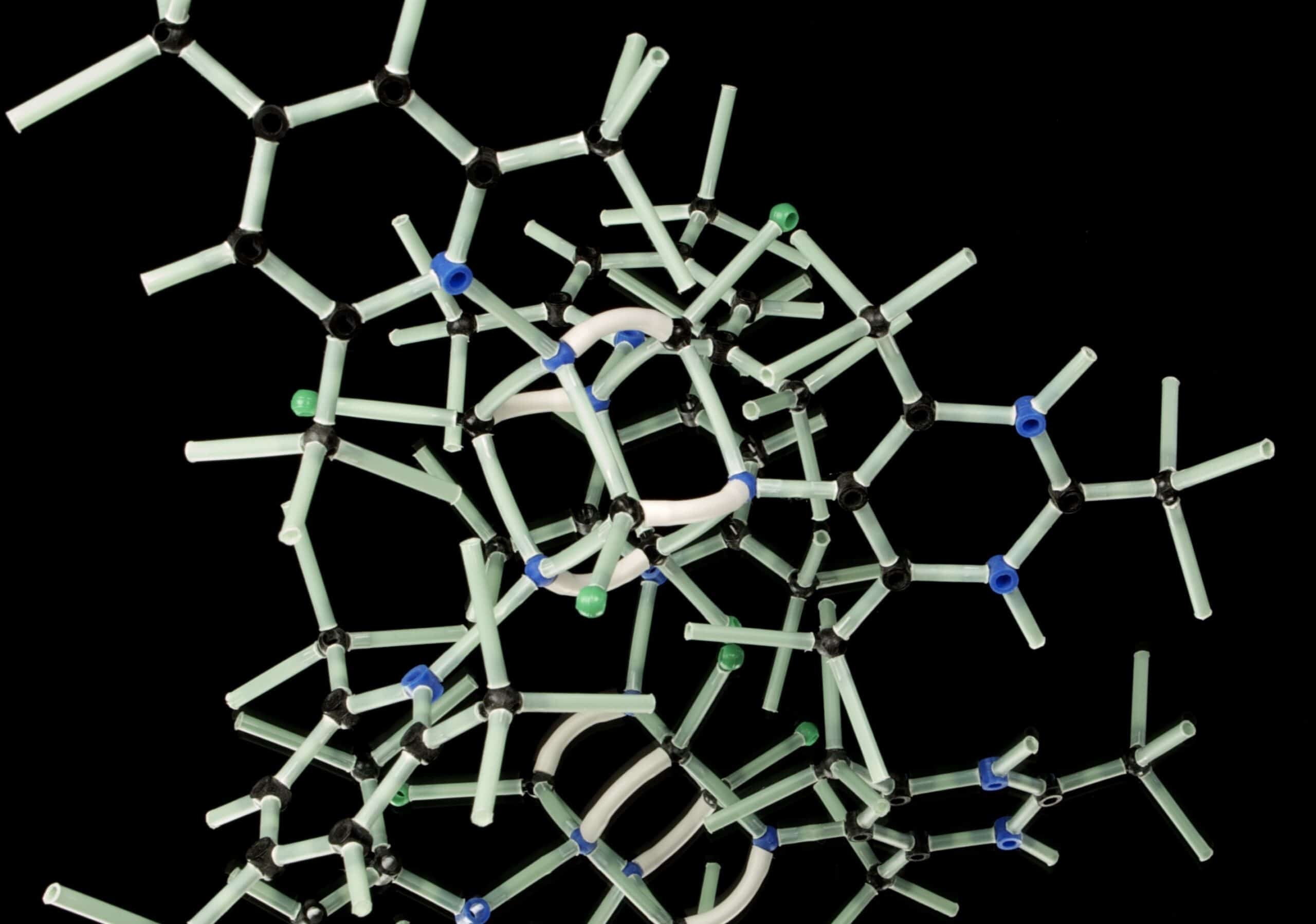Name: Ben C Calverley
Job Title: Maths Biology PhD student
Organisation: University of Manchester
Number of years in current position: 3.5
Qualifications: Master’s degrees in Mathematics and in Theoretical Physics

Briefly describe the organisation you work for.
I work/study at a university, based in a lab of around 10 people working on the same area of biology.
Explain what you do on an average day at work.
One of the best things about my PhD work is the real lack of an “average” day! Some days I am in the lab all day working on biology experiments, some days I’m doing maths with a pencil and paper or writing maths code to run on a computer.
In my PhD I have been working on collagen and the extracellular matrix, and how it is linked to and controlled by our circadian clocks. I’ve used different mathematical modelling methods as well as biological experimental approaches to try and learn more about this area.
What do you like most about your job?
The variation and challenges of the work, and the opportunities for travel to exciting places!
What stimulated your interest in maths, and when?
One of the best things about maths is its creativity, which isn’t something that comes up in school very much. I was incredibly lucky to have some excellent maths teachers (and my dad who was a maths teacher) who showed me how maths could be creative and beautiful.
What influenced your career choice?
I have never been someone with a life “plan”. I always look for the next challenge that interests or excites me, and I love learning new things about all sorts of subjects – hence moving between maths, physics, and biology.
Teaching has always been a vocation that has appealed to me, and I was fortunate enough to have the opportunity to travel to New Zealand for a year to work there as a maths tutor for high school aged pupils. I then went back to education on returning to the UK, studying for my masters part-time over two years and working as a private tutor in maths, science, and politics to support myself through it.
After my masters I stayed in teaching again, working as an A-level maths teacher in a sixth-form college in London. Through the course of my year of teaching, I began to read and get more interested in the application of maths and physics to problems in biology. This ultimately resulted in me being lucky enough to secure a place on the Quantitative and Biophysical Biology PhD course at University of Manchester, a course specifically designed to take mathematicians/physicists/computer scientists and use our skills in biology.
Which skills do you consider to be essential for your job?
An openness and willingness to learn new things without worrying about seeming like you don’t know anything. Being able to communicate maths to biologists and biology to mathematicians.
Any advice you may have for other individuals considering your career path?
Having skills in multiple areas is a skill in its own right.
Your future career plans?
Next February, I will be starting a job as a scientist at the Scripps Research Institute in San Diego, California.
What benefits of IMA membership have you observed in your career so far?
The main benefit that I have noticed so far in my short period of membership is the large number of mathematicians that membership of the IMA enables you to be in contact with, and the fascinating information this exposes you to.
Featured Image by Photoholgic on Unsplash






